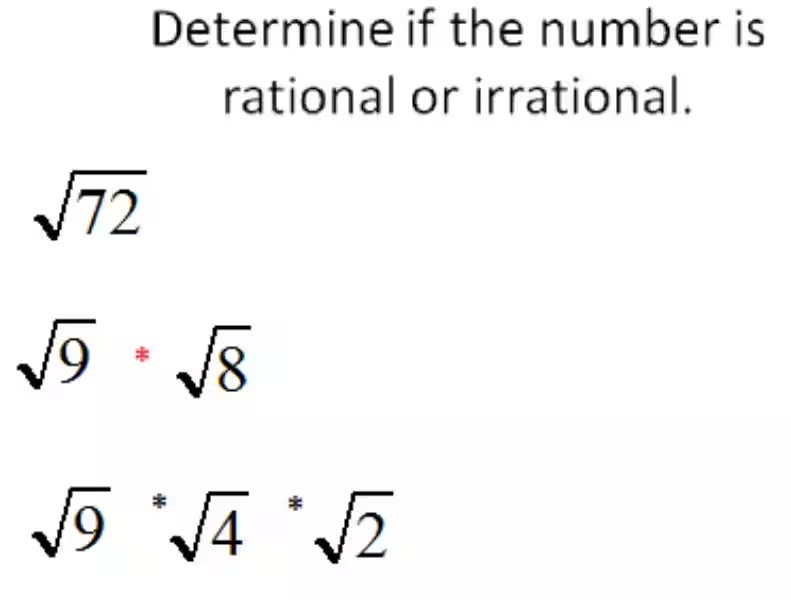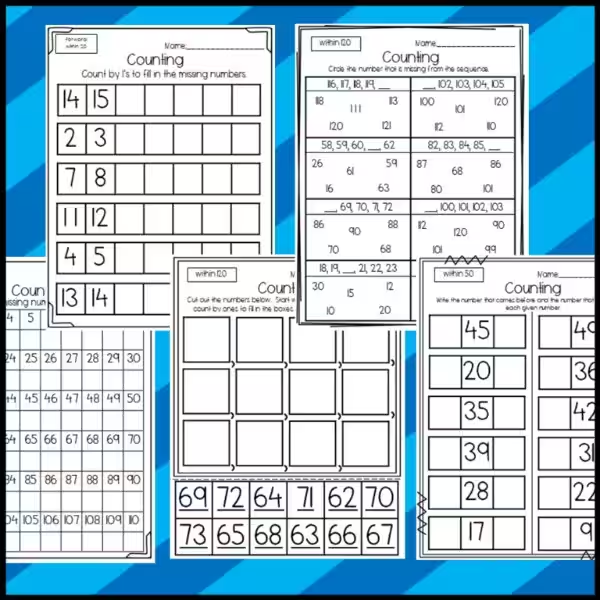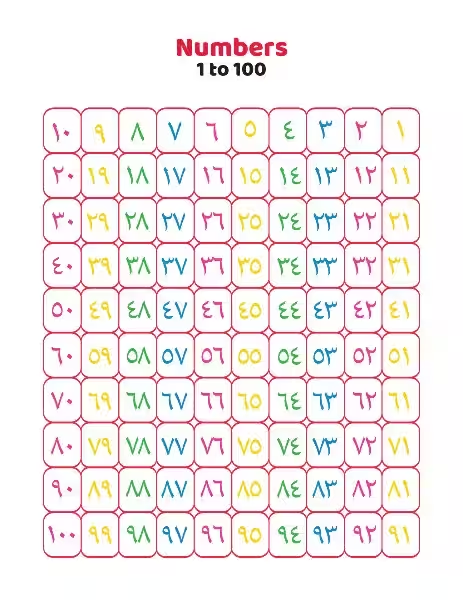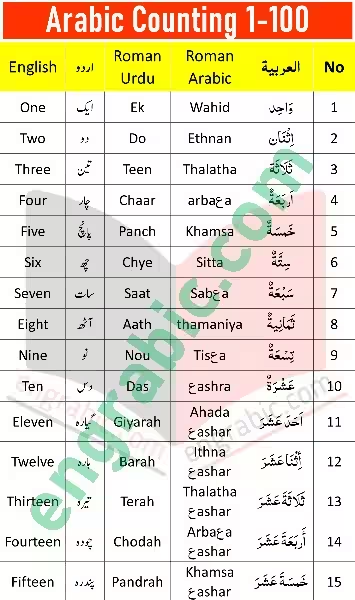
Is 72 a rational number, easily expressible as a fraction of two integers, or is it an irrational number, defying such a simple representation? Understanding the difference between rational and irrational numbers is fundamental in mathematics, and determining whether a specific number falls into one category or the other requires a clear understanding of their defining characteristics. This article will explore the nature of 72, examining its properties and demonstrating why it is undeniably rational.
Defining Rational and Irrational Numbers
Rational numbers, naturally, can be represented as a fraction p/q, where both p and q are integers, and q is not zero. This fundamental definition encompasses a vast range of numbers, including integers, fractions, and terminating or repeating decimals. Think of the fraction 3/4; it perfectly fits the criteria of a rational number. Conversely, irrational numbers, those that cannot be expressed as a simple fraction, exhibit a unique characteristic: their decimal representations are non-repeating and non-terminating. Pi (π) and the square root of 2 (√2) are classic examples of irrational numbers.
72: A Rational Number Through and Through
The question of whether 72 is rational or irrational is easily answered. 72 fits the criteria of a rational number perfectly. It can be expressed as the fraction 72/1, fulfilling the essential requirement that the number can be represented as a quotient of two integers. This makes 72 a straightforward and unambiguous rational number.
Examining the Nature of Rational Numbers
Rational numbers can naturally encompass a wide variety of forms. Think of the integers. Every integer, such as 5 or -10, can be expressed as a fraction with a denominator of 1. Similarly, fractions like 3/4 or 7/2 are rational. Even seemingly complex decimals, like 0.333… (which is equivalent to 1/3), are rational since the decimal representation repeats. This consistent, predictable decimal pattern is a characteristic of all rational numbers. This is crucial in determining the nature of 72.
Why 72 is Rational: A Simple Explanation
72’s rationality stems directly from its inherent nature as a whole number. Any whole number can be represented as a fraction with the whole number as the numerator and 1 as the denominator. This straightforward representation underscores 72’s rational status.
The Difference Between Rational and Irrational Numbers: A Closer Look
The characteristic that distinguishes rational numbers from irrational ones lies in their decimal representations. Rational numbers, as mentioned, have either terminating or repeating decimal representations. This predictable pattern allows for the representation as a fraction. In contrast, irrational numbers have non-repeating, non-terminating decimal representations. The lack of this recognizable pattern is the key distinction.
The Role of Square Roots in Rationality
While the question specifically asks about 72, the concept of square roots is relevant. A square root of a positive integer is rational if and only if the integer is a perfect square. Perfect squares are integers that result from squaring another integer. For instance, 4 is a perfect square because 2² = 4. The square root of 4 is 2, which is an integer and thus a rational number. However, the square root of 72 is not a whole number.
72 and its Square Root
While 72 itself is a rational number, the square root of 72 is irrational. 72 is not a perfect square, and therefore its square root cannot be expressed as a fraction of two integers. The decimal representation of √72 is non-terminating and non-repeating.
72, as a whole number, is naturally a rational number. It can be expressed precisely as a fraction (72/1). While the square root of 72 is irrational, 72 itself retains its status as a rational number. This understanding of the fundamental differences between rational and irrational numbers is crucial in various mathematical applications, including algebra, calculus, and beyond.
Is 72 a Rational Number?
This FAQ addresses the question of whether 72 is a rational number.
What is a rational number?
A rational number is any number that can be expressed as a fraction (p/q) where both p and q are integers, and q is not zero. Examples include whole numbers (like 5), fractions (like 3/4), and decimals that terminate or repeat (like 0.75 or 0.333…).
Is 72 a rational number?
Yes, 72 is a rational number. It can be expressed as the fraction 72/1.
What is an irrational number?
An irrational number is a number that cannot be expressed as a fraction of two integers. Their decimal representations are non-repeating and non-terminating. Examples include π (pi) and the square root of 2 (√2).
How can I determine if a square root is rational or irrational?
If the number inside the square root is a perfect square (a number that is the result of squaring an integer), then the square root is rational. If the number inside the square root is not a perfect square, the square root is irrational.
Is the square root of 72 rational or irrational?
The square root of 72 (√72) is irrational. 72 is not a perfect square, as there is no integer that, when multiplied by itself, equals 72.
Why is the square root of a non-perfect square irrational?
A formal proof is beyond the scope of this FAQ but the fundamental reason why the square root of a non-perfect square is irrational is because it cannot be expressed as a fraction of two integers. If a number’s square root were rational, it could be expressed as a fraction (p/q). This leads to a contradiction when considering the properties of perfect squares and their factors. Effectively, the process of demonstrating this would involve showing that any proposed rational representation leads to a contradiction. This is a more complex mathematical demonstration, however.








